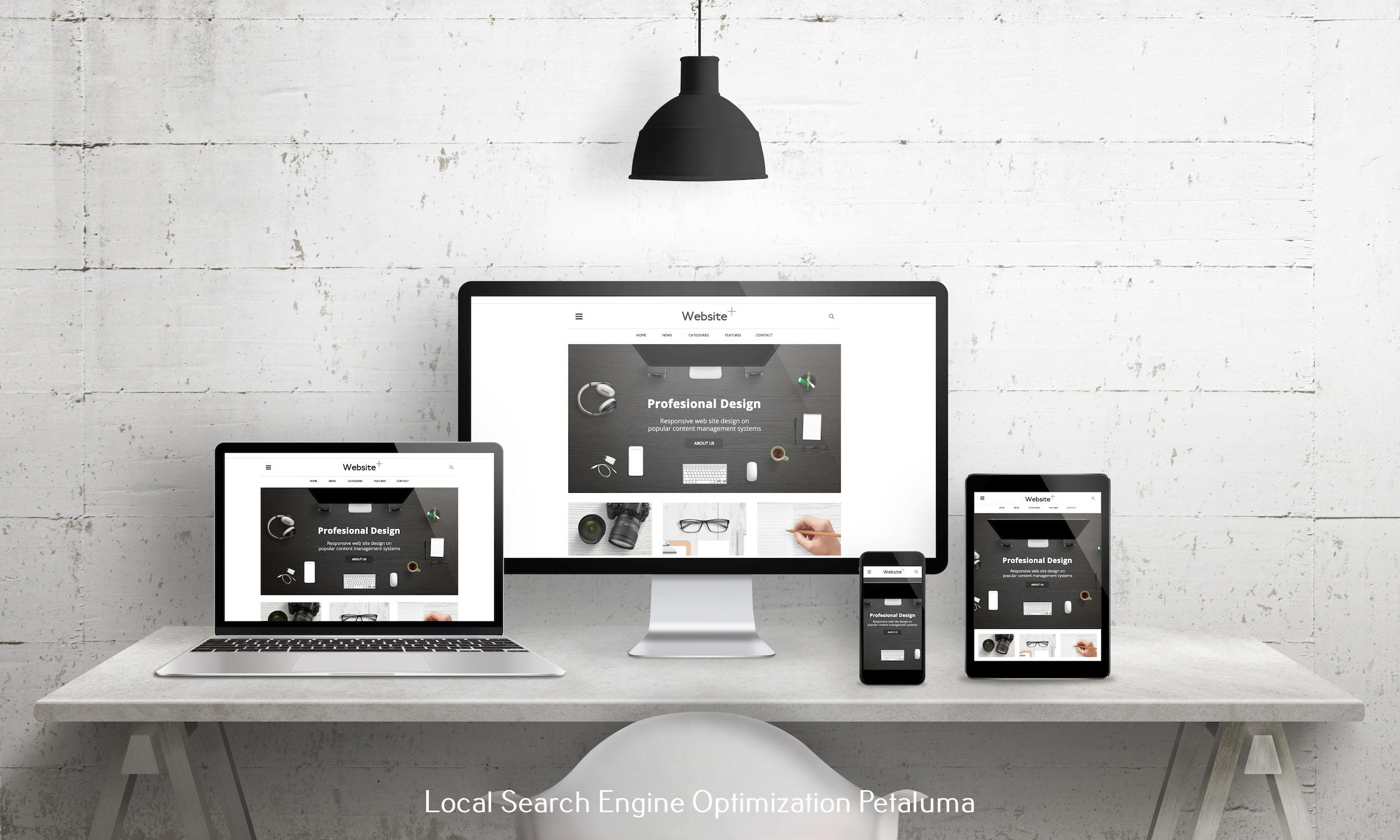As a business owner, you know how important it is to have a strong online presence. And one key aspect of that is having a fast and efficient website. In today's digital world, people have short attention spans and expect websites to load quickly. If your website takes too long to load, chances are, potential customers will leave and go to your competitors.
Luckily, if your website is built on WordPress, there are some simple hacks you can implement to boost its speed. These hacks will not only improve user experience but also help with search engine rankings. So without further ado, here are 10 must-try WordPress hacks for boosting your website's speed.
1. Optimize Your Images
Images play a crucial role in making your website visually appealing and engaging for visitors. However, if they are not optimized properly, they can significantly slow down your site's loading time. Make sure to compress your images before uploading them to WordPress using tools like TinyPNG or Smush. Also, use the correct image file format – PNG for graphics and JPEG for photographs.
2. Use a Caching Plugin
Caching plugins help in creating static versions of your web pages and delivering them to visitors instead of generating them every time someone visits your site. This significantly reduces the server load and speeds up the loading time. Some popular caching plugins for WordPress include W3 Total Cache and WP Super Cache.
3. Minify Your CSS and JavaScript Files
Minifying CSS (Cascading Style Sheets) and JavaScript files means removing unnecessary characters like white spaces or comments from the code without changing its functionality. This reduces the file size of these files which results in faster page loading times.
4. Enable GZIP Compression
GZIP compression reduces the size of files sent from your server by up to 70%. Enabling this feature on your WordPress site can dramatically improve its speed as smaller files take less time to load.
5. Utilize Content Delivery Networks (CDNs)
A CDN is a network of servers located around the world that store copies of your website's static content. When a user visits your site, the CDN will serve the content from the server closest to them, reducing the distance data has to travel and improving loading times.
6. Use Lazy Loading for Images
Lazy loading is a technique where images are only loaded when they enter the user's viewport. This means that images below the fold will not load until the user scrolls down to them, reducing initial page load time.
7. Minimize Redirects
Redirects are used when a page or post on your site has been moved to another location. While they are necessary sometimes, having too many redirects can slow down your site as it takes extra time for a browser to process each redirect.
8. Optimize Your WordPress Database
Over time, your WordPress database can become bloated with unnecessary data like post revisions, spam comments, etc. This can slow down your website as it takes longer for WordPress to retrieve information from a large database. Regularly optimize your database using plugins like WP-Optimize or Advanced Database Cleaner.
9. Choose a Lightweight Theme
The theme you choose plays an essential role in determining your website's speed and performance. Choose a lightweight theme that is optimized for speed instead of one with lots of fancy features and elements that can slow down your site.
10. Keep Your Plugins Updated
WordPress plugins add functionality and features to your site but using too many can also significantly affect its speed and performance. Make sure to regularly update all plugins on your site as newer versions often come with performance improvements and bug fixes.
In conclusion, implementing these 10 hacks will help boost your website's speed and improve user experience – ultimately leading to more traffic and conversions for your business. Remember, having a fast website not only benefits users but also helps with search engine rankings – making it a win-win situation for your business. Try these hacks today and watch your website's speed soar!





































0 Comments